

This fantastic world of video games that we’ve created has managed to birth some of my favorite acronyms ever. There’s the SNES, MMORPGs, ROMs, and plenty more. In this article, I want to explore an acronym that is becoming more and more commonly mentioned during routine conversations in our gaming culture. I’m talking about RNG.
Let’s look at an introduction by Wikipedia:
A random number generator (RNG) is a computational or physical device designed to generate a sequence of numbers or symbols that lack any pattern, i.e. appear random.
Have you ever been to a casino and played a slot machine? That is, in some form, random number generation. When a gamer mentions that they’re hoping for good or favorable RNG, it’s almost like a gentleman’s way of asking for good luck. Taking that into consideration, we can dumb down this entire discussion to the point of saying that RNG is simply luck.
However, as a pretty hardcore gamer myself, it’s a major turn-off to hear that any gameplay revolves around luck. There are a lot of different scenarios to consider.
Without elements of gameplay that don’t revolve heavily around RNG, some games would be completely destroyed. They’d be useless. Let’s first take “loot” games into consideration. Games like the Diablo series and Path of Exile have a cult following behind them. It’s not because it’s so exciting to go through the exact same playthrough over and over again. It’s because of the grind. The drops and rolls, which are entirely based on RNG, make these games what they are.
Looking into another specific example, Hearthstone is one of the fastest-growing online games in the past few years. It’s unlike any other we’ve seen in recent times, too. It’s a strategy card game. Knowing this much alone is enough to safely assume that there’s going to be an awful lot of luck involved. In what card game isn’t that true?
If you have ever played any RPG, you are guaranteed to have experienced some form of RNG. RPGs are all about randomness. If you dodge an attack or land a critical strike, that’s an influence of RNG. If you get into some ridiculous number of random encounters on a world map, it’s RNG again.
RNG in RPGs has been picked apart so finely that certain speedrunners have found ways to manipulate it to make it more “NG” and less RNG. For example, the number of saved file you have and/or have deleted in Chrono Trigger influences several battle mechanics that occur throughout the game. The number of steps you take in a game like Final Fantasy VII will influence how many random encounters you experience. As these depend on actions that you can control yourself, they can’t be labeled as random. However, until the gamer discovers what actions they are dependent on, it’s not wrong to consider them under the umbrella of RNG.
This really squashes any myth that games that require some form of luck are of a lesser quality than games that revolve solely around mechanics and skill. RNG offers replayability. RNG is what makes the game fun and exciting. If it wasn’t random at certain points, you wouldn’t be able to enjoy it.
There are some incredibly obvious situations where RNG makes no sense to appear.
The MOBA genre is spreading like wildfire. Blizzard has even announced that they’ve got their own under development, and League of Legends is already the most popular game in the world. Dota 2 isn’t doing so bad, either. These are games where balance teams do whatever they can to keep RNG out of sight, at least in many situations. Things like critical damage and stun chances are a necessary, though frustrating, part of the game. In these PvP arenas, no one wants to lose to a stroke of luck.
If you’re not fond of League, what occurs in the above video is that the Fiddlesticks player (the scarecrow) uses an ability that causes a few particles to bounce to (allegedly) random targets near the enemy or minion and deal damage to them. Basically, he killed an opponent that was out of range by clicking on a minion near them to get a lucky bounce that hit the enemy.
I’ve looked up the mechanics of the ability that this player uses in the video, and it doesn’t mention if the particle bounces at random or not. However, imagine being the guy on the other end of that play and dying to (what we’re assuming is) pure luck. You didn’t get outplayed. The opposing player didn’t beat you with skill. They managed to get lucky. In a game like League of Legends, that just sucks.
In most other player vs. player games with a fast pace to them, this remains true. It’s the same with a fighting game such as Street Fighter.
If at any given time during a Street Fighter match a player was able to land a critical hit or randomly dodge or reflect something (without the player doing this through input commands based on their own reaction times), it’d be awful. It could ruin the outcome of an exciting, high-skill match and players would feel completely cheated.
RNG cannot be classified as something that is either good or bad. It’s something that some games have a lot of while others have very little. The execution of this RNG is what determines if it fits the game.
Do you have any RNG horror stories? What parts of which games could be greatly improved if they did or didn’t include RNG? Let me know your thoughts in the comments below!
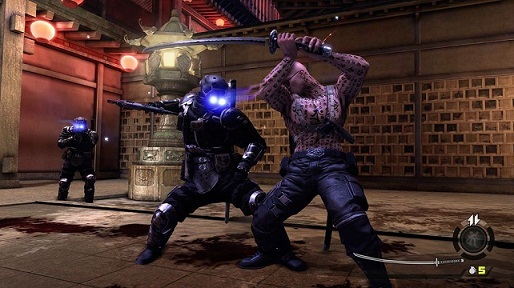
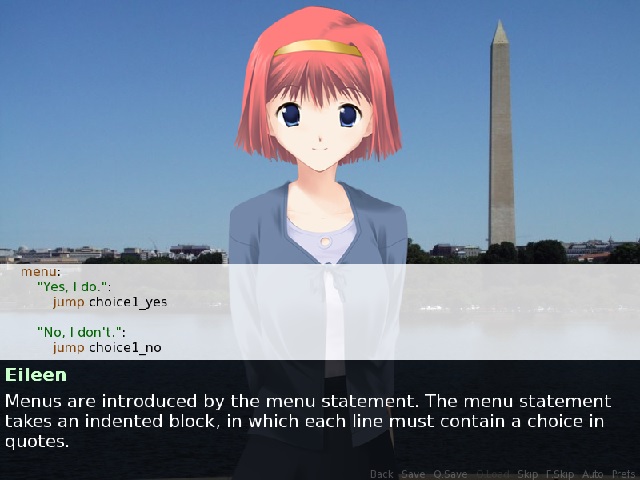

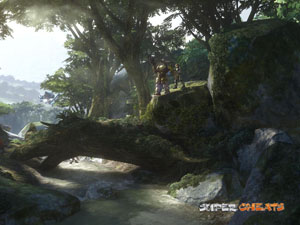
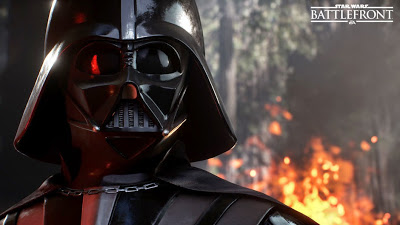 Star Wars: Battlefront (PS4) overview
Star Wars: Battlefront (PS4) overview One Norwegian Store’s Overreaction to The Utøya Shootings
One Norwegian Store’s Overreaction to The Utøya Shootings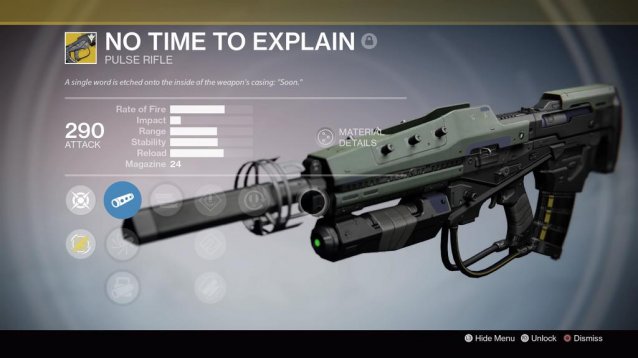 Destiny: The Taken King Guide - How to Get No Time to Explain
Destiny: The Taken King Guide - How to Get No Time to Explain Just Cause 3 All Di Ravello Audio Tape / Diary locations
Just Cause 3 All Di Ravello Audio Tape / Diary locations Halo 4 vs Halo 3 Screenshot Comparison [Armor/Lighting/BR]
Halo 4 vs Halo 3 Screenshot Comparison [Armor/Lighting/BR]